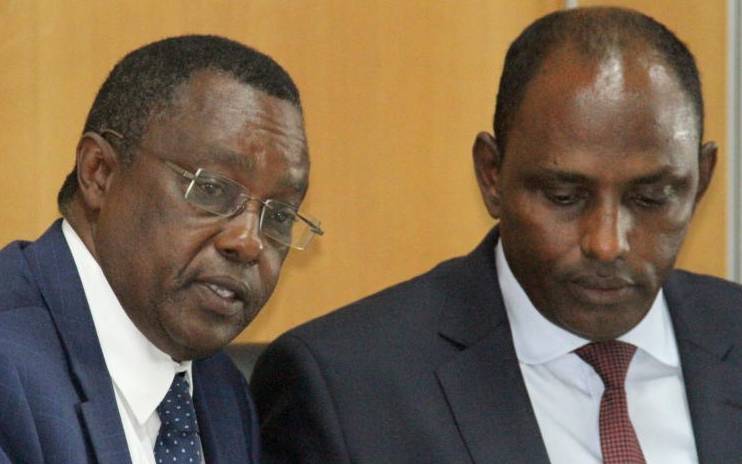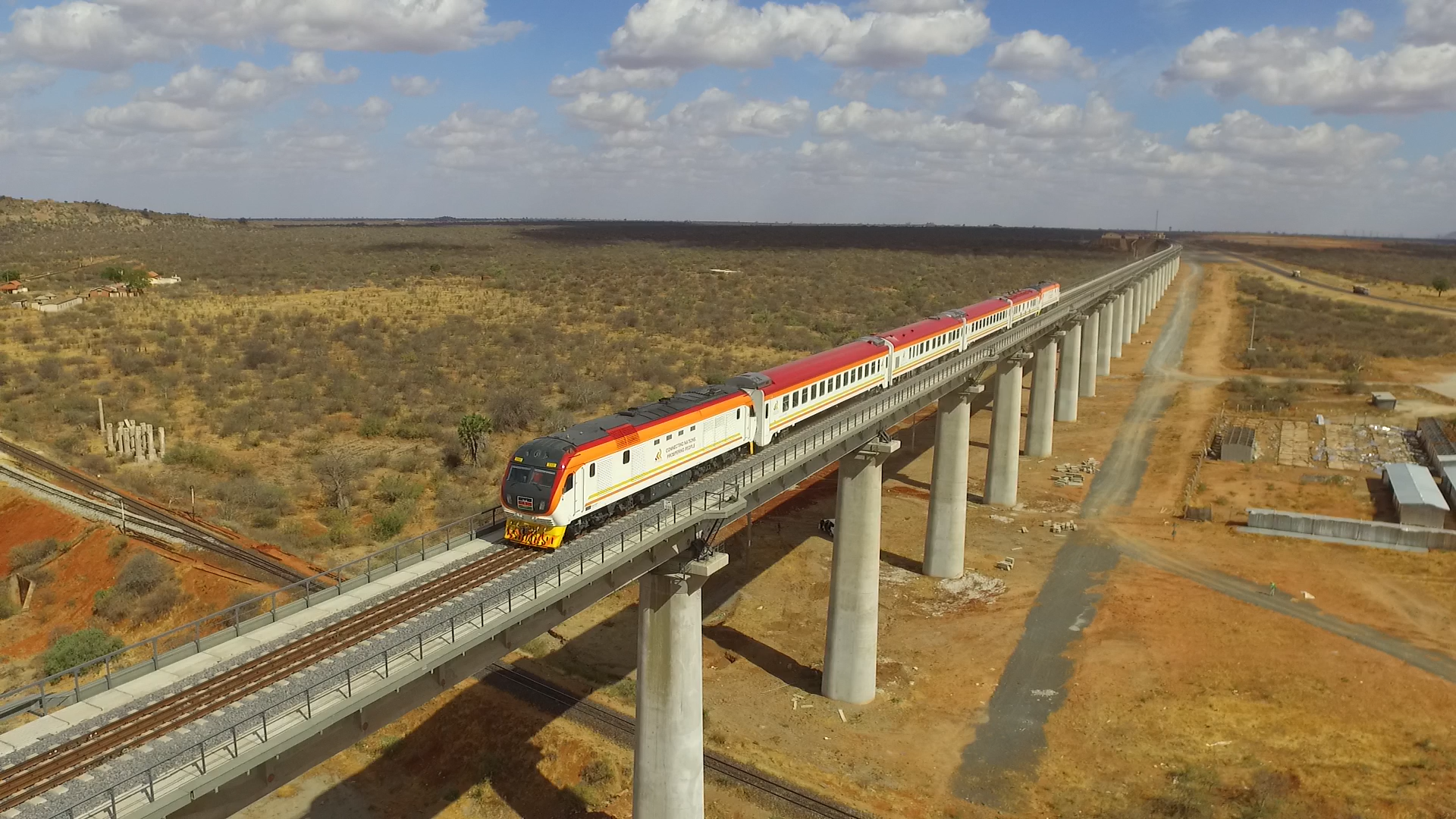Geza Ulole
JF-Expert Member
- Oct 31, 2009
- 59,221
- 79,514
WSF: Italy signs Kenya's debt cancellation
Home / APC Talk / WSF: Italy signs Kenya's debt cancellationBy APC | 23 January 2007
At the World Social Forum the International Alliance of Inhabitants (IAI) entered in a dialogue with the Italian Minister for Development Co-operation, Patrizia Sentinelli, about the involvement of social movements in policies that may result from the agreement to be signed today to convert Kenya’s debt with Italy, worth 44 million euros.
In the past months Nairobi’s slums inhabitants, supported by the Kutoka Parish Network (a network of Catholic parishes) – with the backing of the International Alliance of Inhabitants (IAI) – resisted forced evictions and put forward constructive alternatives in the spirit of art. 11 of the ICESCR, within the framework of the W Nairobi W Campaign, one of the many initiatives linked to the Zero Evictions Campaign.
This successfully prevented the eviction of 300,000 people by mobilising local and international solidarity. On 27 October 2006 an agreement was signed to convert Kenya’s foreign debt with Italy, worth 44 million euros. At one of the WSF’s IAI events, on January 22nd, the Italian Minister for Development Co-operation Patrizia Sentinelli announced that the debt cancellation was to be signed on January 23rd and commited to enter in a dialogue with the Kenyan government to ensure an implementation plan including the involvement of social movements in policies drawing on social participation to combat urban and rural poverty.
Topic:
Access
Region:
Global
WSF: Italy signs Kenya's debt cancellation | Association for Progressive Communications
MY TAKE
Whaooh, a sigh of relief...!
CC: Teargass

 kwa mgongo wa African countries, imagine having 49% of yearly budget servicing debt with mltiple defaults and then deciding to spearhead the call for debt cancellation!
kwa mgongo wa African countries, imagine having 49% of yearly budget servicing debt with mltiple defaults and then deciding to spearhead the call for debt cancellation!
